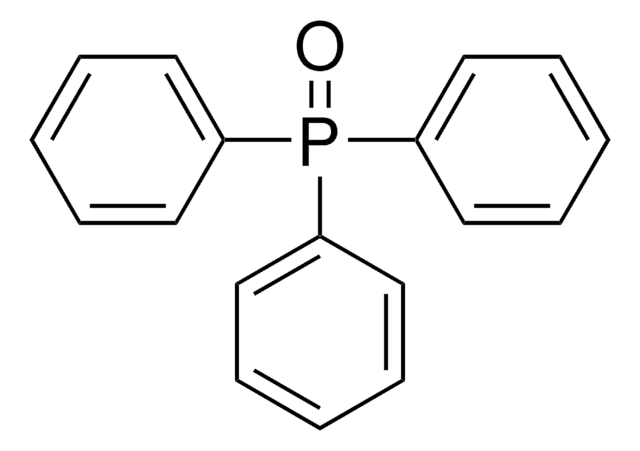901444
TSPO1
Synonim(y):
Diphenyl[4-(triphenylsilyl)phenyl]phosphine oxide
Zaloguj sięWyświetlanie cen organizacyjnych i kontraktowych
About This Item
Wzór empiryczny (zapis Hilla):
C36H29OPSi
Numer CAS:
Masa cząsteczkowa:
536.67
Kod UNSPSC:
12352116
NACRES:
NA.23
Polecane produkty
Postać
solid
Poziom jakości
Szukasz podobnych produktów? Odwiedź Przewodnik dotyczący porównywania produktów
Opis ogólny
TSPO1 is an electon transfer layer (ETL) or hole blocking layer (HBL) in OLED devices.
Zastosowanie
TSPO1 is a phosphine oxide-based blocking and host material with triplet energy excitons. It is mainly used in the formation of a blocking layer that enhances the performance of organic electronic devices like organic light-emitting diodes (OLEDs), and delayed fluorescent devices.
This page may contain text that has been machine translated.
Kod klasy składowania
11 - Combustible Solids
Klasa zagrożenia wodnego (WGK)
WGK 3
Temperatura zapłonu (°F)
Not applicable
Temperatura zapłonu (°C)
Not applicable
Certyfikaty analizy (CoA)
Poszukaj Certyfikaty analizy (CoA), wpisując numer partii/serii produktów. Numery serii i partii można znaleźć na etykiecie produktu po słowach „seria” lub „partia”.
Masz już ten produkt?
Dokumenty związane z niedawno zakupionymi produktami zostały zamieszczone w Bibliotece dokumentów.
High efficiency thermally activated delayed fluorescent devices using a mixed host of carbazole and phosphine oxide derived host materials
Kim OY, et al.
Synthetic Metals, 201(8), 49-53 (2015)
A novel pyrrolocarbazole donor for stable and highly efficient thermally activated delayed fluorescent emitters.
Kim J H, et al.
Dyes and Pigments, 136, 529-534 (2017)
Jaesang Lee et al.
Nature materials, 15(1), 92-98 (2015-10-20)
The combination of both very high brightness and deep blue emission from phosphorescent organic light-emitting diodes (PHOLED) is required for both display and lighting applications, yet so far has not been reported. A source of this difficulty is the absence
Charge transport, carrier balance, and blue electrophosphorescence in diphenyl [4-(triphenylsilyl) phenyl] phosphine oxide devices
Mamada M, et al.
Applied Physics Letters, 98(7), 34-34 (2011)
External quantum efficiency above 20% in deep blue phosphorescent organic light-emitting diodes
Jeon SO, et al.
Advanced Materials, 23(12), 1436-1441 (2011)
Nasz zespół naukowców ma doświadczenie we wszystkich obszarach badań, w tym w naukach przyrodniczych, materiałoznawstwie, syntezie chemicznej, chromatografii, analityce i wielu innych dziedzinach.
Skontaktuj się z zespołem ds. pomocy technicznej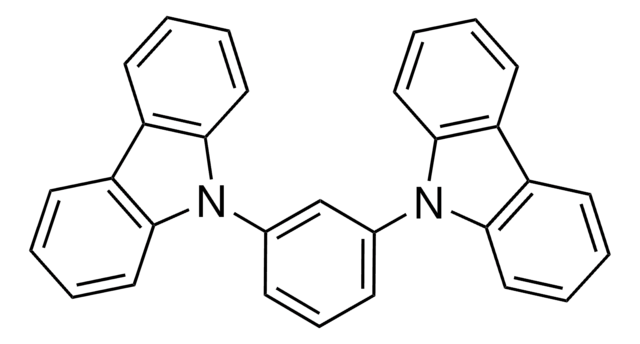


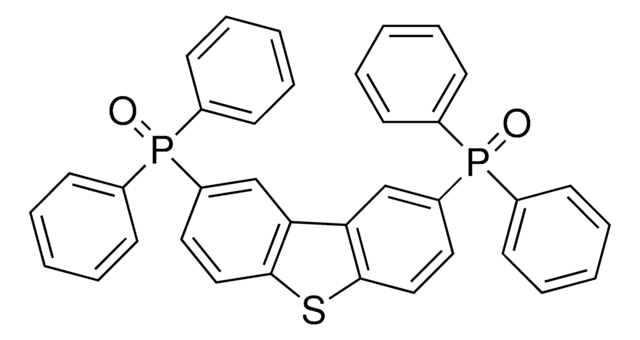
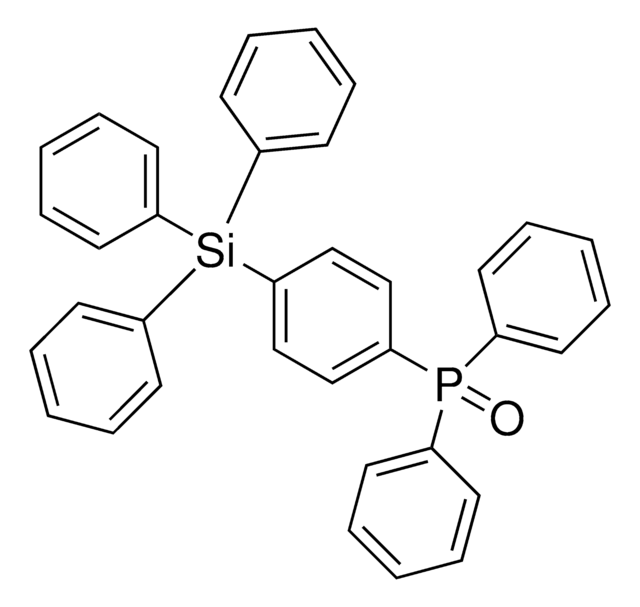
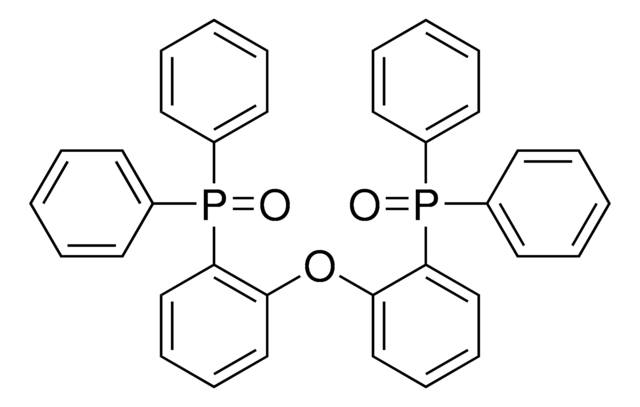

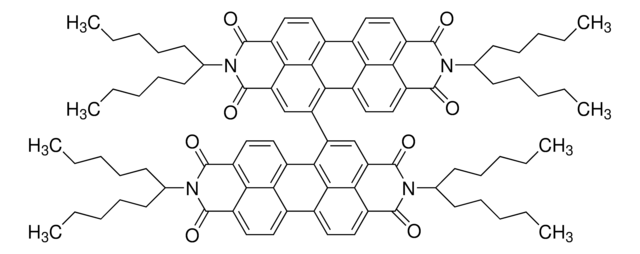
![Pyrazino[2,3-f][1,10]phenanthroline 99% (HPLC)](/deepweb/assets/sigmaaldrich/product/structures/226/341/31d3909e-6700-4a3e-bfb3-9ed1f6b66ee2/640/31d3909e-6700-4a3e-bfb3-9ed1f6b66ee2.png)
